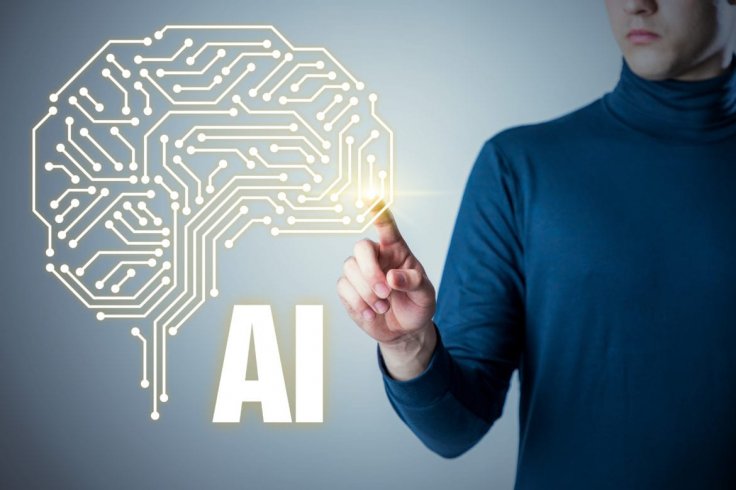As the world witnesses a rapid advancement in artificial intelligence (AI) and automation, there is a growing concern about job displacement and the impact of these technologies on traditional employment sectors.
With mass lay-offs and top executives warning about AI progress and its challenges people are worried what kind of career to opt for that is resilient to the present change. Amid this technological revolution, there are certain career options that remain resilient to the AI boom.
These professions rely on uniquely human skills that cannot be easily replicated by machines. In this article, we will explore the top five career options that are likely to remain unaffected by the AI boom.

Healthcare Professionals
The healthcare industry is inherently built on the foundation of human interaction and care. Despite the advancements in medical technology, the role of healthcare professionals, such as doctors, nurses, and therapists, is irreplaceable. AI may assist in diagnosis and treatment planning, but it cannot substitute the empathy, emotional intelligence, and critical decision-making skills required in patient care. Additionally, healthcare professionals are vital in providing personalized care and adapting to complex and ever-changing patient needs.
Creative Professionals
Creativity is a uniquely human trait that drives innovation and artistic expression. Careers in the creative industry, including writers, artists, musicians, and designers, rely on imagination, originality, and emotional depth. While AI can generate content or mimic artistic styles, it still lacks the essence of genuine human creativity. The ability to convey emotions, tell compelling stories, and evoke deep connections with audiences remains the domain of human creative professionals.
Skilled Tradespeople
Skilled trades, such as plumbers, electricians, carpenters, and technicians, require hands-on expertise and problem-solving skills. These professions involve working with physical objects and navigating complex situations that demand adaptability and practical knowledge. While automation may streamline some aspects of these jobs, skilled tradespeople possess technical mastery and experience that is challenging for AI to replicate accurately. Moreover, these professions often require on-site decision-making and customized solutions, making them less susceptible to automation.
Sales and Customer Service
The success of sales and customer service roles relies heavily on interpersonal communication, relationship-building, and problem-solving. Despite the rise of chatbots and AI-powered customer service tools, human interaction remains crucial in resolving complex issues, negotiating deals, and building trust. Sales professionals excel in understanding customer needs, adapting to unique situations, and providing personalized solutions. The ability to empathize, build rapport, and anticipate customer preferences gives human sales and customer service representatives a competitive edge.
Social and Community Services
Professions in the social and community services sector, such as social workers, counselors, and community organizers, are deeply rooted in human connection and empathy. These roles involve supporting individuals, families, and communities through challenging circumstances and fostering social change. AI cannot fully replicate the understanding of complex human emotions, cultural contexts, and societal dynamics that these professionals bring to their work. The ability to provide emotional support, advocate for marginalized populations, and navigate intricate ethical situations remains fundamental to these careers.
Educators
Teachers have an irreplaceable role in shaping the minds of future generations. While AI can provide personalized learning experiences and assist with administrative tasks, it cannot replicate the mentorship, guidance, and inspiration that educators bring to the classroom. Effective teaching requires adapting to diverse learning styles, providing emotional support, and fostering critical thinking and creativity. Educators will remain vital in nurturing young minds and preparing them for a rapidly evolving world.
While the AI boom continues to shape various industries and change the nature of work, there are still career options that require uniquely human skills and qualities. Healthcare professionals, creative professionals, skilled tradespeople, sales and customer service representatives, and social and community service providers all rely on the innate abilities that make us human. These careers demand emotional intelligence, creativity, critical thinking, and adaptability—qualities that machines are yet to fully possess. As technology advances, it is crucial to recognize and value the roles that remain irreplaceable, fostering a harmonious collaboration between humans and AI in the future of work.









